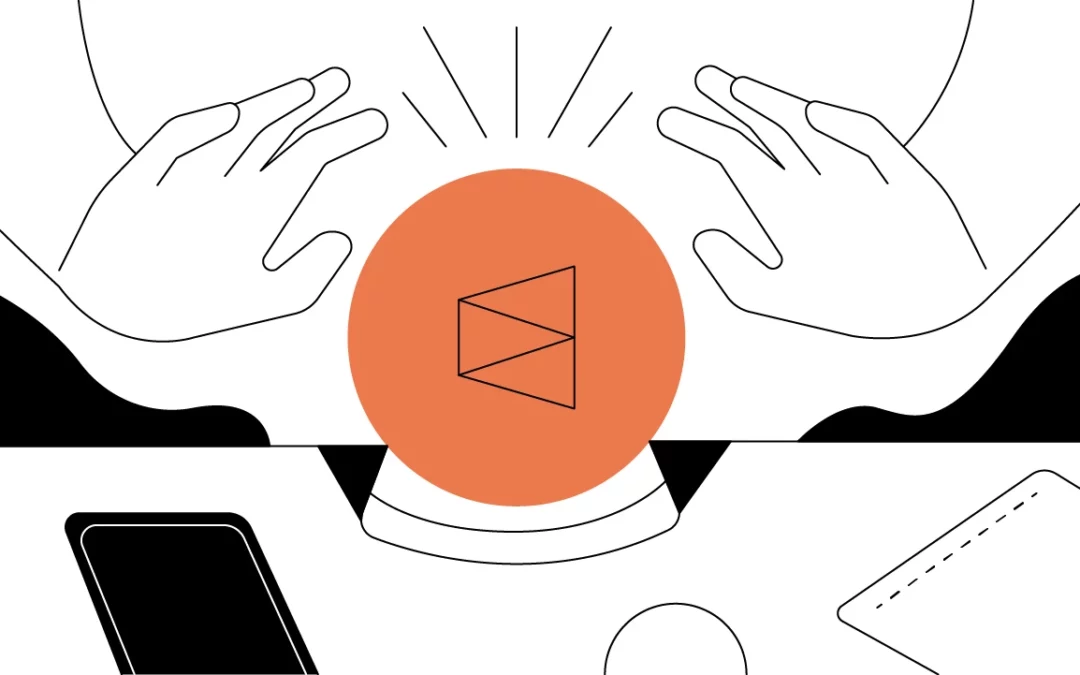How Do DAOs Balance Decentralization with Efficiency?
In the world of blockchain and Web3, Decentralized Autonomous Organizations (DAOs) have become a revolutionary concept. They promise a new way to run organizations — without a central authority, relying instead on community voting, transparency, and smart contracts. But one big question remains: how do DAOs maintain decentralization while staying efficient enough to get things done?
The Challenge: Too Many Voices, Too Little Action
Decentralization sounds ideal — everyone gets a say, every decision is made collectively. However, when hundreds or even thousands of members need to vote on every little decision, things can slow to a crawl. The democratic process, while fair, can become inefficient.
Imagine if every small software update or marketing move required a full community vote. Progress would halt.
Layered Governance Models
To solve this, many DAOs use layered governance systems. Instead of requiring all members to vote on every proposal, DAOs delegate smaller decisions to working groups or subcommittees.
For example, a finance team may handle budget allocations within limits set by the community. This helps maintain decentralization — the community still has oversight — but allows teams to act quickly when needed.
Delegated Voting and Reputation Systems
Another strategy is delegated voting. Members can assign their voting power to trusted representatives who make informed decisions on their behalf. This model, inspired by liquid democracy, keeps participation accessible while improving speed.
Some DAOs also introduce reputation systems, where members earn influence based on their contributions or expertise. This ensures that decision-making power aligns with proven value, not just token ownership.
Automation with Smart Contracts
Efficiency in DAOs also comes from automation. Smart contracts can execute predefined actions automatically once a proposal passes. No middlemen, no delays — just transparent and instant execution. This reduces human error and bureaucracy while preserving the decentralized nature of the organization.
The Balance Point
True decentralization doesn’t mean total anarchy — it means trusting the system instead of individuals. DAOs that thrive are the ones that design frameworks balancing community participation with operational agility. The key is to empower members while ensuring that decisions don’t get stuck in endless discussions.
Looking Ahead
As DAOs evolve, we’re likely to see hybrid models — a mix of decentralized governance with efficient execution mechanisms. Technologies like AI-powered proposal analysis and on-chain reputation scoring could further streamline the process.
The end goal? A system that’s fair, transparent, and fast — where decentralization empowers rather than hinders progress.

